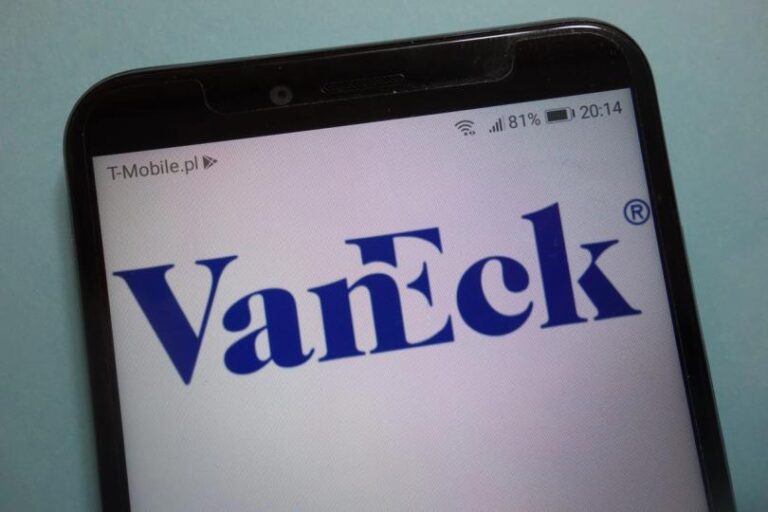What Are Smart Contracts?
Smart contracts are self-executing contracts with the terms of the agreement directly written into code. They operate on blockchain technology, which is a decentralized and distributed ledger that records transactions across many computers. This eliminates the need for intermediaries, such as banks or legal representatives, allowing for faster and cheaper transactions. Smart contracts automatically execute actions when predetermined conditions are met, ensuring trust and transparency between parties involved in an agreement.
How Do Smart Contracts Work?
Smart contracts function through a set of coded instructions that establish the rules and regulations of the agreement. When the conditions are fulfilled, the contract automatically executes the agreed-upon actions. For instance, in a simple smart contract for a payment, once the buyer sends the required amount of cryptocurrency, the smart contract verifies the transaction and automatically transfers ownership of the digital asset to the buyer. This process is immutable and transparent, as all transactions are recorded on the blockchain for anyone to verify.
Benefits of Smart Contracts
There are several advantages to using smart contracts. First, they enhance efficiency by automating processes that would otherwise require manual intervention. This speed reduces the time taken to execute agreements. Second, smart contracts lower costs by eliminating intermediaries, which can be particularly beneficial in industries such as real estate, finance, and supply chain management. Third, they provide enhanced security due to their cryptographic nature, making it extremely difficult to alter the contract once it has been deployed. Finally, transparency is a key benefit, as all parties can access the same information regarding the contract’s terms and execution.
Challenges and Limitations
Despite their advantages, smart contracts face several challenges. One major issue is the complexity of writing secure code. If a smart contract is poorly coded, it can lead to vulnerabilities that malicious actors can exploit. Additionally, legal recognition of smart contracts varies by jurisdiction, which can complicate enforcement. There is also the challenge of integrating smart contracts with existing legal frameworks and traditional business processes. Lastly, since smart contracts are immutable, any errors or changes needed after deployment can be cumbersome and costly to rectify.
Use Cases for Smart Contracts
Smart contracts have a wide range of applications across various industries. In finance, they can facilitate automated loan agreements or streamline trading processes. In supply chain management, smart contracts can track products from origin to destination, ensuring transparency and accountability. Real estate transactions can benefit from smart contracts by automating escrow services and property transfers. Additionally, in the insurance industry, smart contracts can automate claims processing, ensuring that eligible claims are paid out promptly without the need for manual intervention.
Getting Started with Smart Contracts
For those interested in exploring smart contracts, a good starting point is to familiarize yourself with blockchain technology and programming languages used for smart contract development, such as Solidity for Ethereum. Numerous online resources, including tutorials, courses, and forums, can provide valuable information. Many platforms, like Ethereum, allow users to create and deploy their own smart contracts in a test environment, enabling hands-on learning without financial risk. As you gain experience, consider joining developer communities or attending workshops to enhance your skills and network with like-minded individuals.
Conclusion
Smart contracts represent a revolutionary shift in how agreements are made and enforced, offering efficiency, transparency, and security. While there are challenges to overcome, their potential applications are vast and varied. As the technology continues to evolve, understanding smart contracts will become increasingly important for individuals and businesses looking to leverage blockchain innovations. Whether you’re a developer, a business owner, or simply curious about the technology, taking the time to learn about smart contracts can open up new opportunities in the digital economy.



